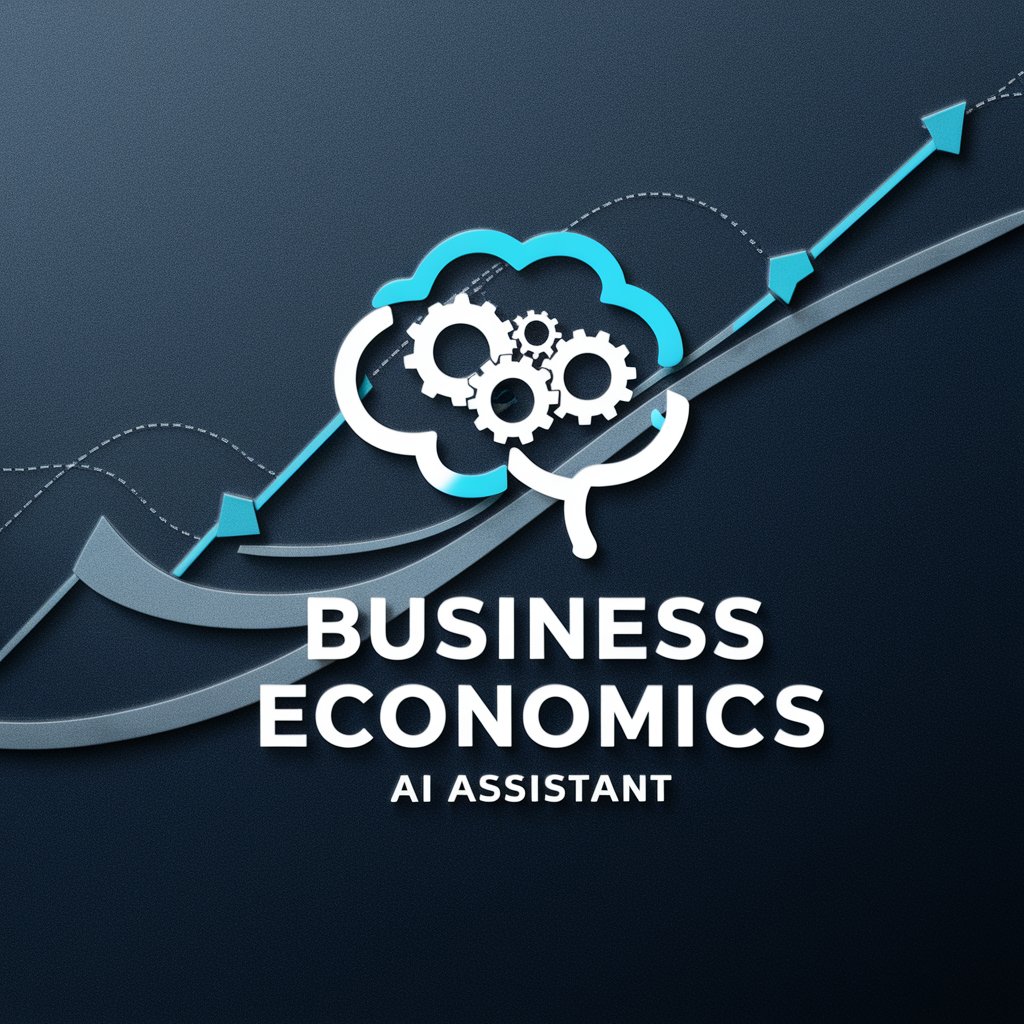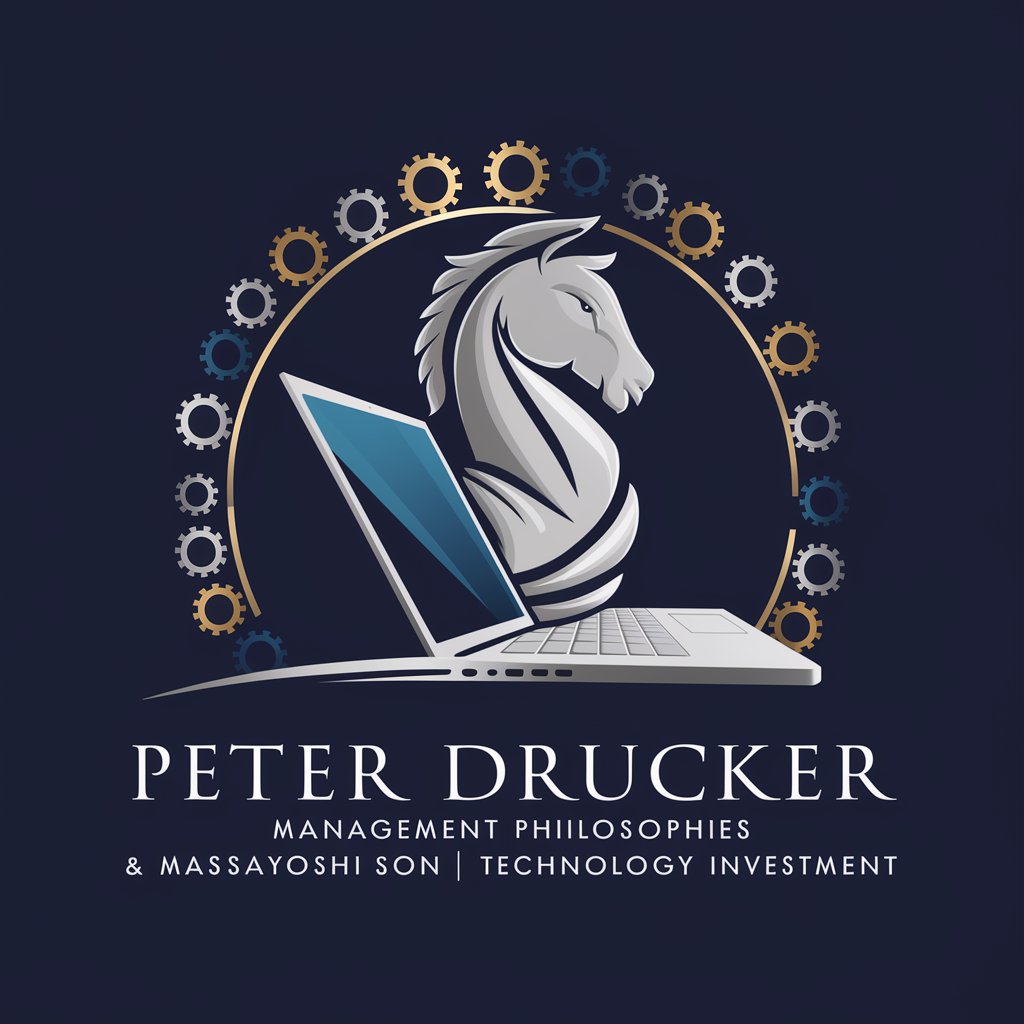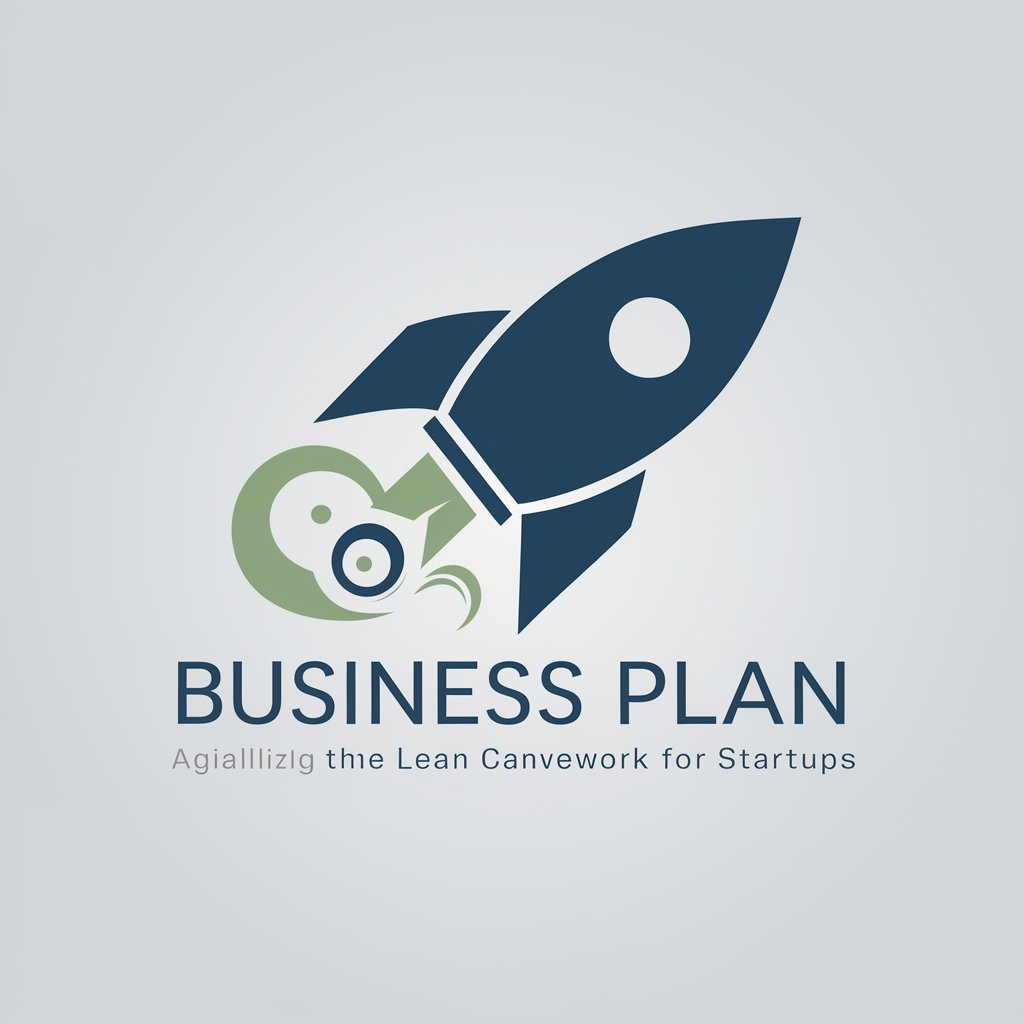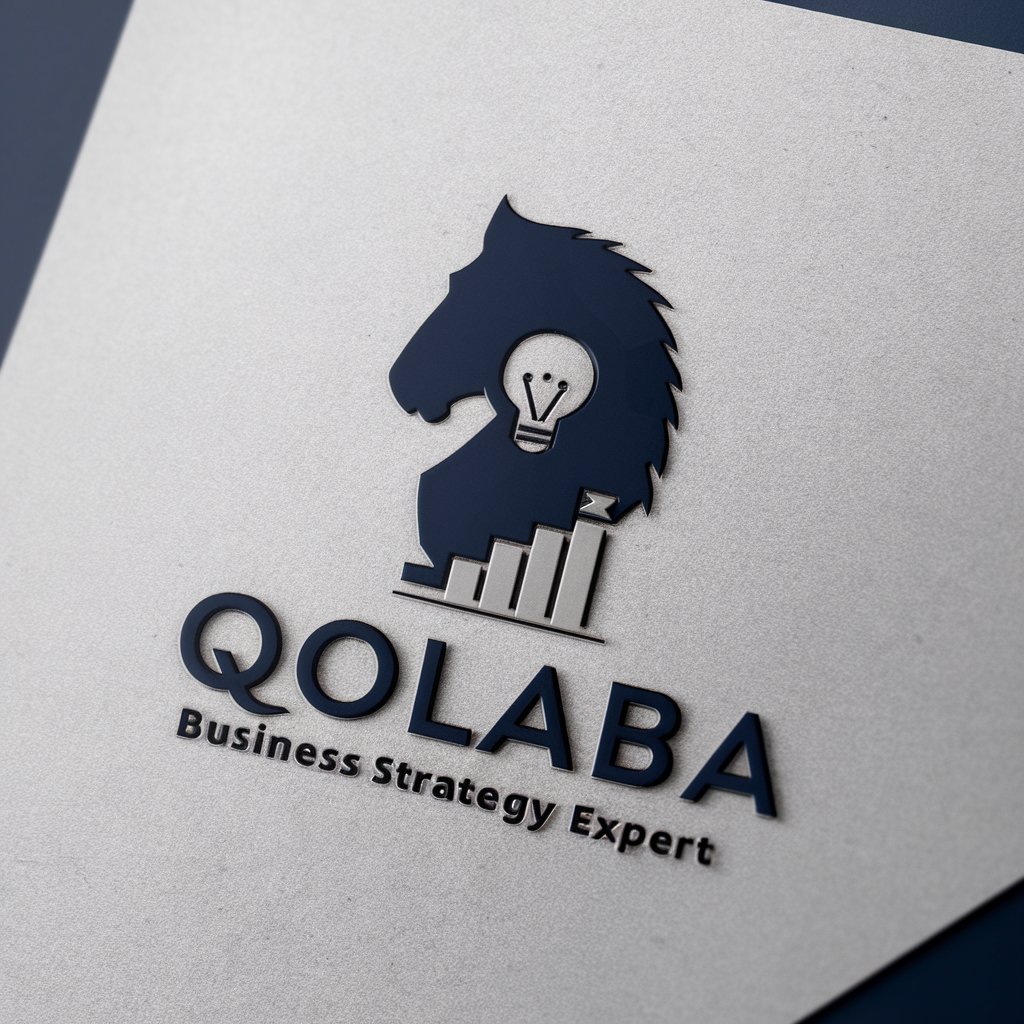Business Economics - Business Decision Analysis

Welcome! Let's explore how economics can optimize your business strategy.
Empowering business decisions with AI-driven economic insights
Analyze the economic impact of
Explain how the principle of supply and demand affects
Discuss the role of opportunity cost in
Evaluate the strategic business decisions made by
Get Embed Code
Introduction to Business Economics
Business Economics, a branch of applied economics, uses economic theory and quantitative methods to analyze business enterprises and the factors contributing to the diversity of organizational structures and the relationships of firms with labor, capital, and product markets. It encompasses the economic decision-making process in businesses and the analysis of internal and external factors that affect the profitability and growth of a business. For example, Business Economics applies microeconomic analysis to specific decisions in business firms or other management units. It helps in making choices that contribute to the efficient allocation of resources within an organization under the umbrella of its environmental constraints. A scenario illustrating this might involve a company deciding whether to invest in new technology to increase production efficiency. By analyzing the cost of investment, potential returns, market demand, and competitive landscape, Business Economics provides a framework to evaluate whether the investment will likely lead to increased profitability and market share. Powered by ChatGPT-4o。

Main Functions of Business Economics
Decision Making and Forward Planning
Example
Evaluating the potential outcomes of different strategic choices, such as pricing strategies, market entry, or product development.
Scenario
A business considering entering a new market might use Business Economics to assess market demand, competition levels, potential sales volume, and pricing strategies to forecast the new venture's profitability.
Cost Analysis and Control
Example
Identifying the cost behavior and the relationship between costs, volume, and profit.
Scenario
A manufacturing firm uses Business Economics to determine the break-even point for a new product line, analyzing fixed and variable costs to understand at what production and sales level the product becomes profitable.
Capital Management
Example
Deciding on the capital structure and investment strategies to maximize shareholder value.
Scenario
A corporation may apply Business Economics principles to decide whether to fund a new expansion project through debt or equity, considering the cost of capital, investment risks, and expected returns.
Market Analysis and Strategy
Example
Assessing market conditions, trends, and competitor actions to inform strategic planning.
Scenario
A company might analyze market trends and consumer behavior to decide on launching a new product, using Business Economics to predict market acceptance, optimal pricing, and the impact on existing product lines.
Ideal Users of Business Economics Services
Business Leaders and Decision Makers
CEOs, CFOs, and other executive roles benefit from Business Economics by gaining insights into strategic planning, resource allocation, and financial decision-making to steer their companies towards growth and profitability.
Entrepreneurs and Small Business Owners
These users gain value from understanding market dynamics, cost management, and the economic implications of their decisions, helping them to navigate the complexities of starting and growing a business.
Policy Makers and Economic Strategists
Though not the primary audience, they can use insights from Business Economics to shape policies and strategies that impact the business environment, fostering a conducive atmosphere for business growth and innovation.
Academic Researchers and Students
This group uses Business Economics to understand theoretical and applied aspects of economic decision-making within firms, contributing to academic research or applying knowledge in real-world business scenarios.

How to Use Business Economics
Start Your Journey
Begin by visiting yeschat.ai to access a free trial of Business Economics, no login or ChatGPT Plus subscription required.
Identify Your Needs
Determine the specific economic principles or business scenarios you need assistance with, such as market analysis, cost-benefit analysis, or pricing strategies.
Explore Features
Utilize the tool's features to analyze economic theories, apply them to business decisions, and explore various business strategies.
Apply Insights
Implement the insights gained from the tool to make informed business decisions, optimize strategies, and enhance economic understanding.
Continuous Learning
Regularly use Business Economics to stay informed about the latest economic trends and theories, ensuring your business strategies remain relevant and effective.
Try other advanced and practical GPTs
ドラッガー&孫正義
Strategize with AI: Drucker Meets Son

Marketing Strategist
Empowering Your Marketing with AI Insight

Business plan architect
Empowering Your Business Plan with AI

Business Plan Advisor
Tailored Business Planning with AI

ビジネス ストラテジスト
Empowering Innovation with AI

Qolaba Business Strategy Expert
AI-Powered Strategic Business Insights

Insightful Guide
Empowering your journey to self-betterment.

GPT Meta Motivator Unleashed
Empower Your Day with AI-Driven Motivation

Love Coach
Empowering Your Love Life with AI

Dreamspeak with Freud
Uncover Your Subconscious, AI-Powered Freudian Insights

Positivity
Empowering Your Journey with AI-Driven Positivity

Life
Navigating Life's Depths with AI

Detailed Q&A about Business Economics
What is Business Economics and how does it differ from traditional economics?
Business Economics applies economic theory and quantitative methods to analyze business enterprises and the factors contributing to the diversity of organizational structures and the relationships of firms with labor, capital, and product markets. It differs from traditional economics by focusing more on practical applications within businesses, decision-making processes, and strategic planning.
How can Business Economics help in decision making?
Business Economics provides tools and frameworks for analyzing market conditions, understanding competitive dynamics, evaluating investment decisions, and optimizing pricing strategies. By applying economic principles, businesses can make well-informed decisions that enhance profitability and market position.
Can Business Economics predict market trends?
While Business Economics uses historical data and economic indicators to analyze trends, it does not predict future market movements. Instead, it equips businesses with the analytical tools to assess probabilities and prepare for various market scenarios.
How does Business Economics incorporate risk analysis?
Business Economics uses various models and theories, such as game theory and risk management frameworks, to assess and mitigate risks. It helps businesses evaluate the potential outcomes of decisions under uncertainty, guiding them towards risk-adjusted strategies.
What role does Business Economics play in strategic planning?
Business Economics is crucial for strategic planning as it provides insights into market structures, competitive dynamics, and consumer behavior. It aids in setting long-term objectives, allocating resources efficiently, and identifying opportunities for growth and expansion.
